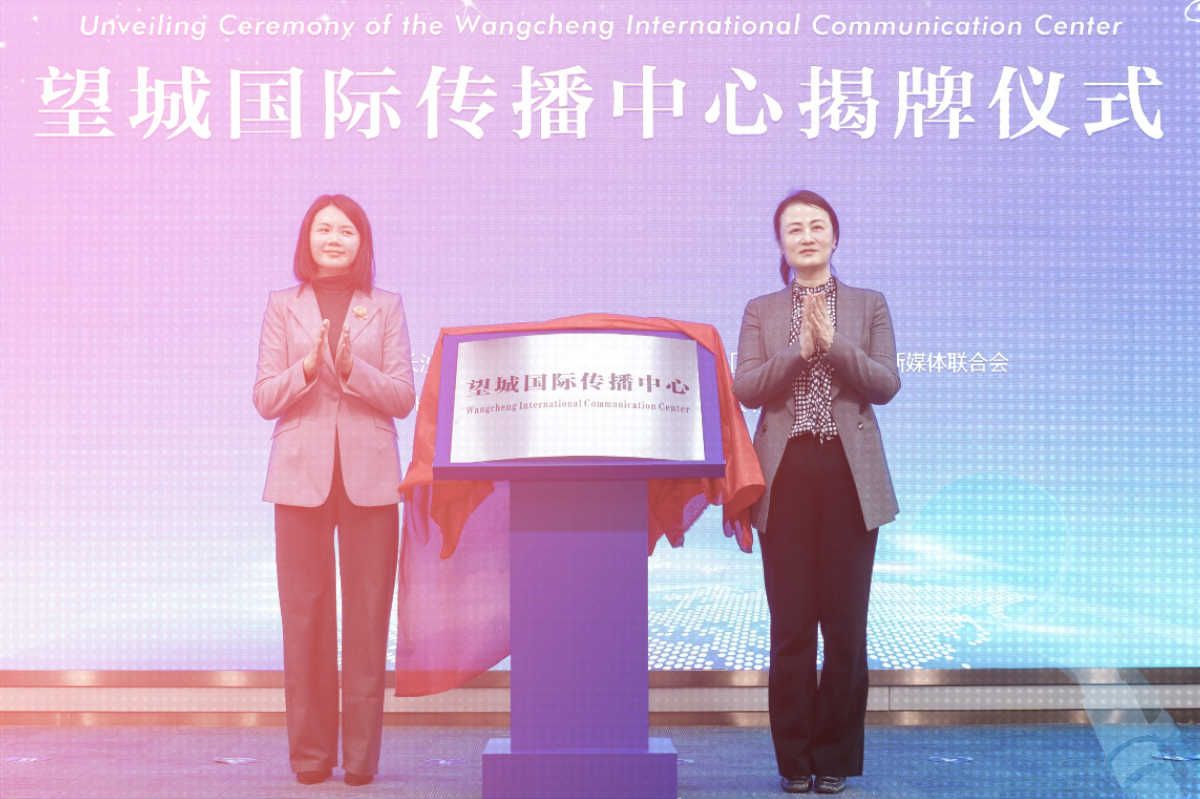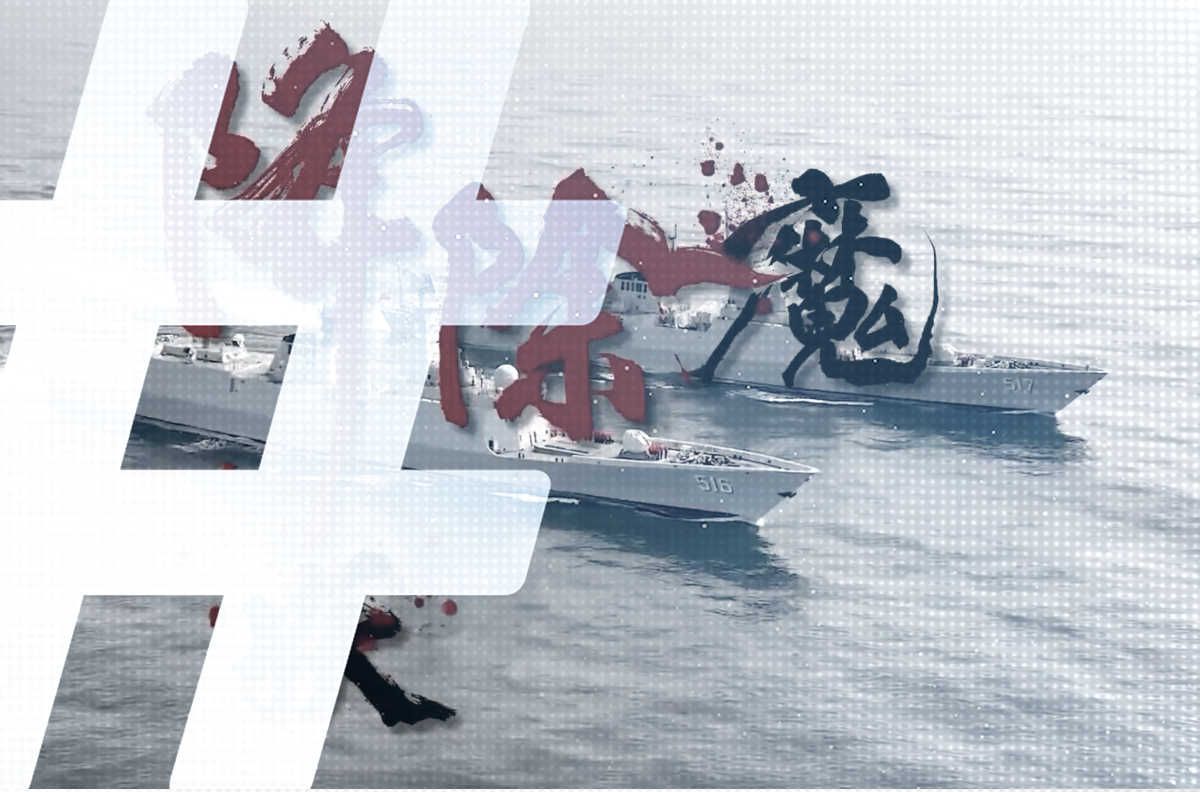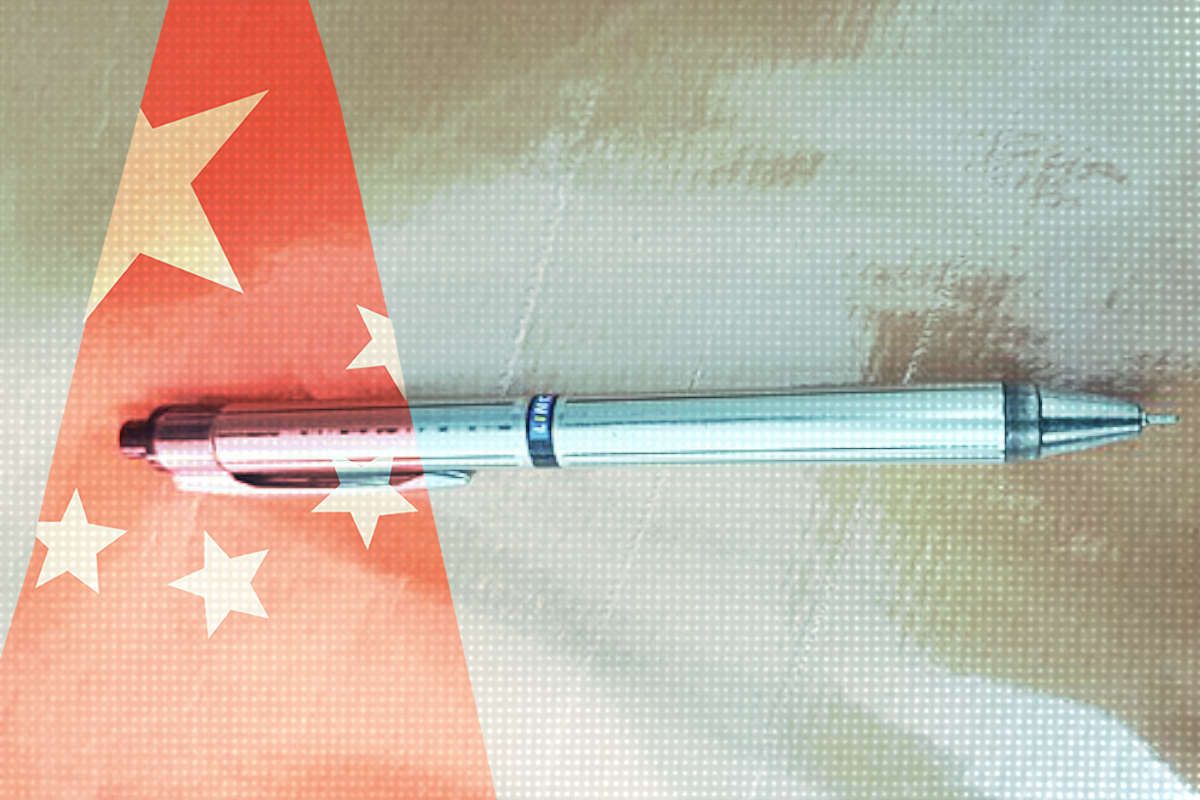Headlines and Hashtags
Conscience sold to the highest bidder in China's "melamedia"
By David Bandurski — CMP wrote last week about how a toxic media environment in China contributed to the melamine-tainted milk powder scandal that continues to ripple across the globe. And in Tuesday’s edition of The Wall Street Journal Asia, I argued that the milk powder scandal underscored the fact that China’s press controls are a global problem. [Frontpage image: package label for milk powder manufactured by Sanlu Group, a company at the center of the scandal in China’s dairy industry.]
There are clearly limits to how far China’s media can run in exploring the cover up of the dairy industry scandal and the media’s own share of the responsibility. No media can be expected to discuss directly the role of press controls, or the strict climate of “positive propaganda” enforced in the run-up to the Beijing Olympics.
However, a number of Chinese media continue to discuss more vaguely the question of “media conscience” and the role of corporate public relations in the milk powder scandal.
One of the best examples yesterday came from Hunan’s Shaoxiang Chengbao. The column, featured on page two, is written by Meng Bo (孟波), and is called “N-number of Ways the Media’s Conscience Can Be Bought.”
The editorial likens the way public relations and the pursuit of profit have generally poisoned China’s news media to the dangerous use of the chemical melamine in the manufacture of milk products.
Is it time to coin a new catch phrase for China’s uniquely toxic combination of power, profit and public relations in the media? . . . How about “melamedia”?
Key portions of the Shaoxiang Chengbao editorial are included below:
Pulitzer once said: “A journalist is the lookout on the bridge of the ship of state.” This lookout, however, is routinely blindfolded.
[NOTE: The remainder of Pulitzer’s quote goes: “He notes the passing sail, the little things of interest that dot the horizon in fine weather. He reports the drifting castaway whom the ship can save. He peers through fog and storm to give warning of dangers ahead. He is not thinking of his wages or of the profits of his owners. He is there to watch over the safety and the welfare of the people who trust him.”]
The blinding of the media is customarily achieved by the forcing on of blindfolds through political power. But another way is [for the media] to be bought by power. The Nandan and Fanzhi mining disasters are classic cases in point.
The Sanlu milk powder case once again revealed the sale of the media’s conscience, and a new form of blindfolding. On September 12, a post called “Suggestions on Sanlu Group’s Public Relations Crisis” (三鹿集团危机公关建议) made the rounds on the Web. According to the post, the public relations firm representing Sanlu Group recommended that the company sign a three million yuan advertising deal with [search engine] Baidu and arrange for the deletion of negative news. Baidu has since issued a statement saying they rejected the proposal by Sanlu’s public relations company, and that they have not suppressed search results.
Actually, “news deletion” is just one of many “unspoken rules” in the selling out of the media’s conscience to public relations firms. Beneath this tip of the iceberg is a vast continental shelf [of dirty deals] that would meet with public disapproval.
The most commonly seen form of selling out is the sale of soft content. The genius of soft content lies in this word “soft.” It is like a needle hidden in softness, there but concealed, an invisible menace. By the time you’ve realized it is a piece of soft content you’ve already fallen into the well-laid trap of this “soft advertisement.” It seeks to make an impact by constantly impinging on your attention, like a soft but permeating rain.
Soft advertisements are often buried within the news, and at times are indistinguishable. Because they have broken the boundaries between news and advertising, readers feel they can readily trust them . . .
This “peaceful evolution” of public relations into news is getting worse and worse. The “news safety” (新闻安全) resulting from this “peaceful evolution” of the media is more frightful even than “food safety.” The impact it has on the conscience of the media is more poisonous even than “melamine.” “Melamine” constitutes an open threat, and it can be more easily avoided. But the “melamine” that poisons our news is hidden, and therefore much harder to avoid.
The widespread use of “melamine” in China’s news has resulted in some media in the loss of even the most rudimentary notions of truth and fairness. As media competition intensifies, the exchange between news and money has already become a conscious choice for some media . . .
[Posted by David Bandurski, October 9, 2008, 1:21am HK]





















